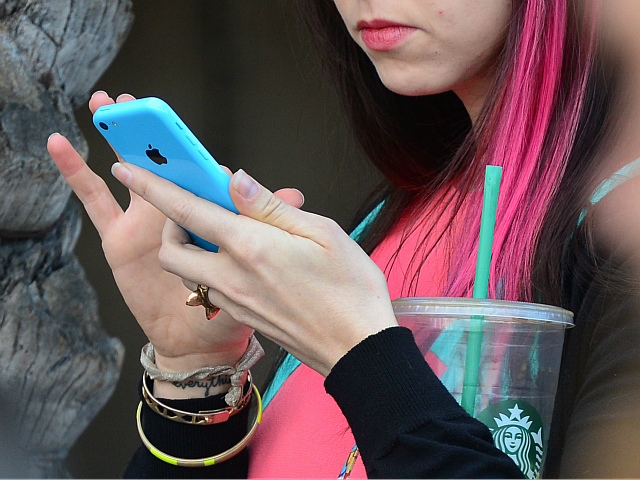A nationwide poll has revealed that 89 per cent of 16- to 29-year-olds believe that their lives have no meaning or purpose.
The poll, conducted by Japanese company Yakult and reported by The Sun, also found that 30 per cent of young people believe they are stuck in a rut with 84 per cent saying that they believe they are failing to “live their best life”.
Across all age groups, over half (51 per cent) of those surveyed believe they were put on the earth to be as happy as they can be, whilst 37 per cent believe that it is their role to make people around them happy, with 31 per cent believing humanity’s purpose should be to do good.
With religion being a major source of sense of purpose, a separate survey reported last month that those professing a Christian faith in the UK is at a record low at 38 per cent, with only one per cent of 18- to 24-year-olds identifying as belonging to the Church of England.
Young people are not the only demographic to be expressing a profound level of negativity about the state of their existence. In 2017, a survey by the commission on loneliness, set up by MP Jo Cox before her murder, found that almost three-quarters (73 per cent) of older people feel lonely, with nearly half (49 per cent) of those saying they have been feeling like that for years.
The following year, the British government appointed a so-called Minister for Loneliness, with state-funded programmes and initiatives to help lonely people connect with others around them and make friends.
Research from the government revealed some nine million people “always or often feel lonely”, with some 200,000 older people saying they had not had a conversation with a friend or relative in more than one month.
Forbes reported last year on a Norwegian start-up called No Isolation that aims to “fight loneliness” using “warm technology”, i.e., robots, and has developed artificial intelligence devices for two groups of identified vulnerable people, those over the age of 80 and children who are suffering from long-term illness, which it hopes to roll out across Europe to fill the care gap.

COMMENTS
Please let us know if you're having issues with commenting.